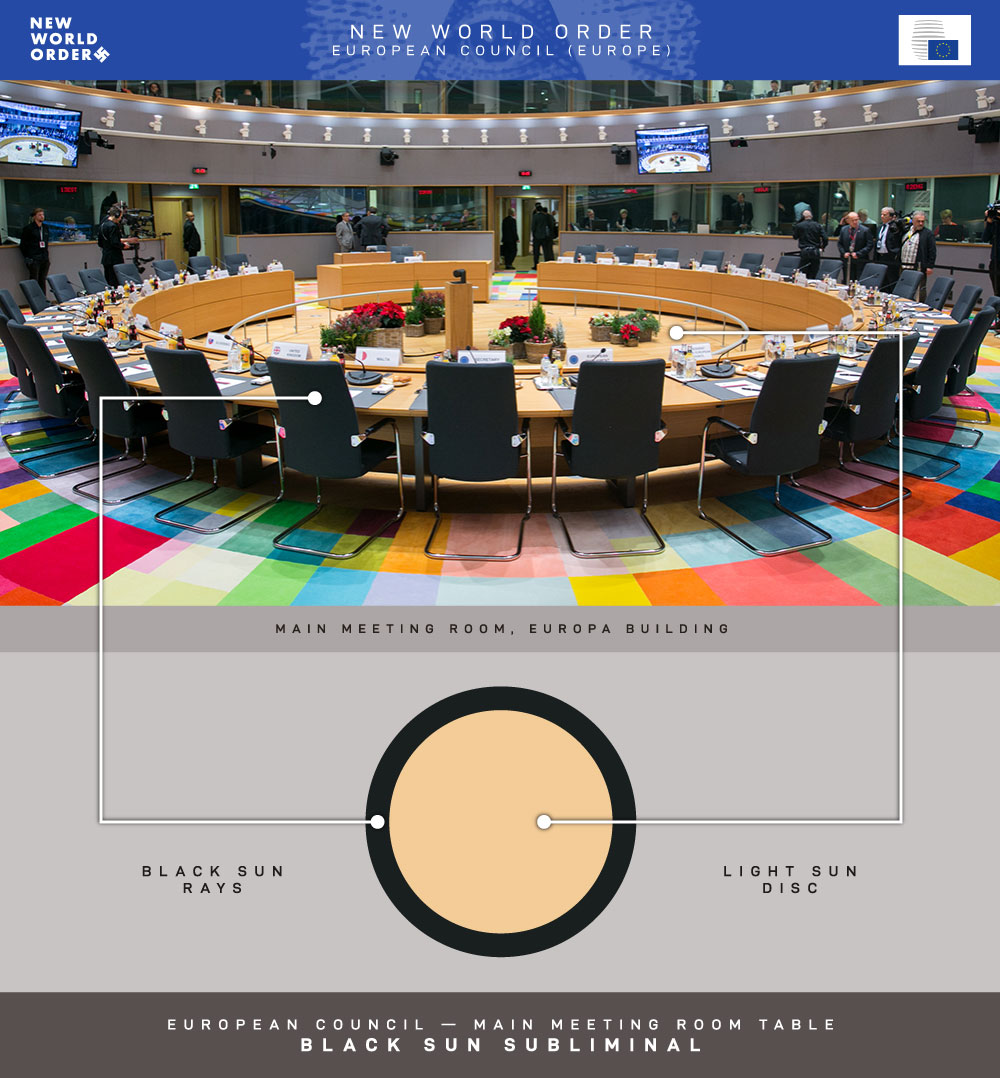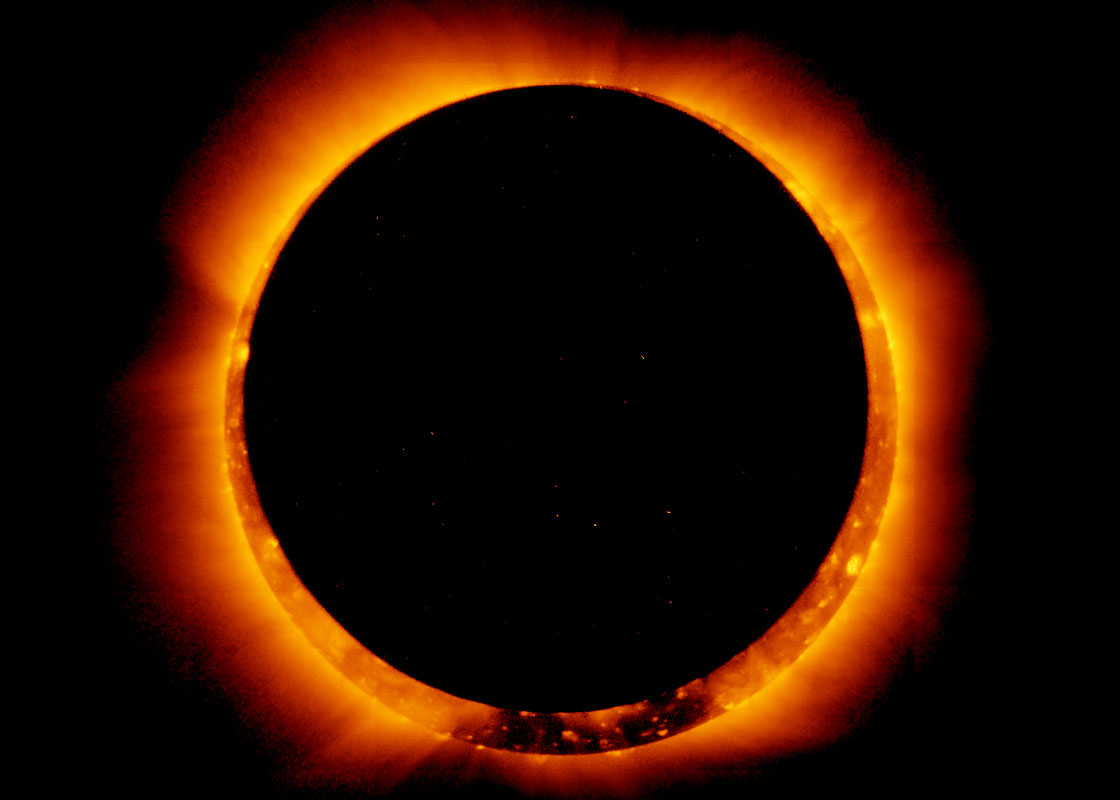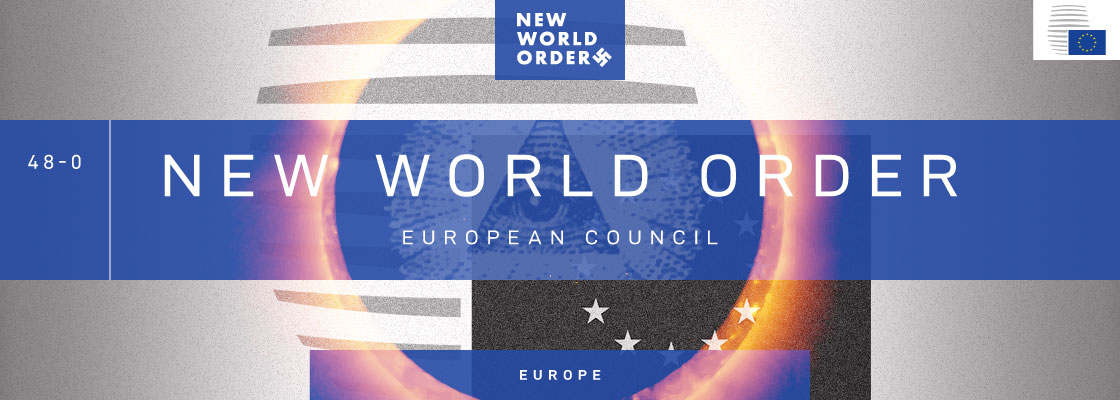European Council (EUCO)

The European Council (informally EUCO) is a collegiate body that defines the overall political directions and priorities of the European Union. It comprises the heads of state or government of the EU member states, along with the President of the European Council and the President of the European Commission. The High Representative of the Union for Foreign Affairs and Security Policy also takes part in its meetings. Established as an informal summit in 1975, the European Council was formalised as an institution in 2009 upon the entry into force of the Treaty of Lisbon. Its current president is Charles Michel, former Prime Minister of Belgium.
Scope
While the European Council has no legislative power, it is a strategic (and crisis-solving) body that provides the union with general political directions and priorities, and acts as a collective presidency. The European Commission remains the sole initiator of legislation, but the European Council is able to provide an impetus to guide legislative policy.
The meetings of the European Council, still commonly referred to as EU summits, are chaired by its president and take place at least twice every six months; usually in the Europa building in Brussels. Decisions of the European Council are taken by consensus, except where the Treaties provide otherwise.
Powers and functions
The European Council is an official institution of the EU, mentioned by the Lisbon Treaty as a body which “shall provide the Union with the necessary impetus for its development”. Essentially it defines the EU’s policy agenda and has thus been considered to be the motor of European integration. Beyond the need to provide “impetus”, the council has developed further roles: to “settle issues outstanding from discussions at a lower level”, to lead in foreign policy — acting externally as a “collective Head of State”, “formal ratification of important documents” and “involvement in the negotiation of the treaty changes”.
Since the institution is composed of national leaders, it gathers the executive power of the member states and has thus a great influence in high-profile policy areas as for example foreign policy. It also exercises powers of appointment, such as appointment of its own President, the High Representative of the Union for Foreign Affairs and Security Policy, and the President of the European Central Bank. It proposes, to the European Parliament, a candidate for President of the European Commission. Moreover, the European Council influences police and justice planning, the composition of the commission, matters relating to the organisation of the rotating Council presidency, the suspension of membership rights, and changing the voting systems through the Passerelle Clause. Although the European Council has no direct legislative power, under the “emergency brake” procedure, a state outvoted in the Council of Ministers may refer contentious legislation to the European Council. However, the state may still be outvoted in the European Council. Hence with powers over the supranational executive of the EU, in addition to its other powers, the European Council has been described by some as the Union’s “supreme political authority”.
The Europa Building, Brussels
(European Council Headquarters)
The Europa building is the seat of the European Council and Council of the European Union, located on Wetstraat/Rue de la Loi in the European Quarter of Brussels, the capital city of Belgium. Its defining feature is the multi-storey “lantern-shaped” construct holding the main meeting rooms; a representation of which has been adopted by both the European Council and Council of the EU as their official emblems. The Europa building is situated on the former site of the partially demolished and renovated Bloc A of the Résidence Palace. Its exterior combines the listed Art Deco façade of the original 1920s building with the contemporary design of architect Philippe Samyn. The building is linked via two skyways and a service tunnel to the adjacent Justus Lipsius building, which provides for additional office space, meeting rooms and press facilities.
Source: Wikipedia
False Flag
A false flag is a covert operation designed to deceive; the deception creates the appearance of a particular party, group, or nation being responsible for some activity, disguising the actual source of responsibility.
48-0.4 – European Council Headquarters
(Europa Building, Brussels)




Subliminal Symbolism

The Invisible Symbol
European Council – Main Meeting Room Table
Black Sun Subliminal

Research the Black Sun.
The Black Sun (The Dark Side)

When the Moon obscures the Sun, the Black Sun is revealed.
COVID-19 Truth

Historical Truth

Distribute the COVID-19 Cure





You must be logged in to post a comment.